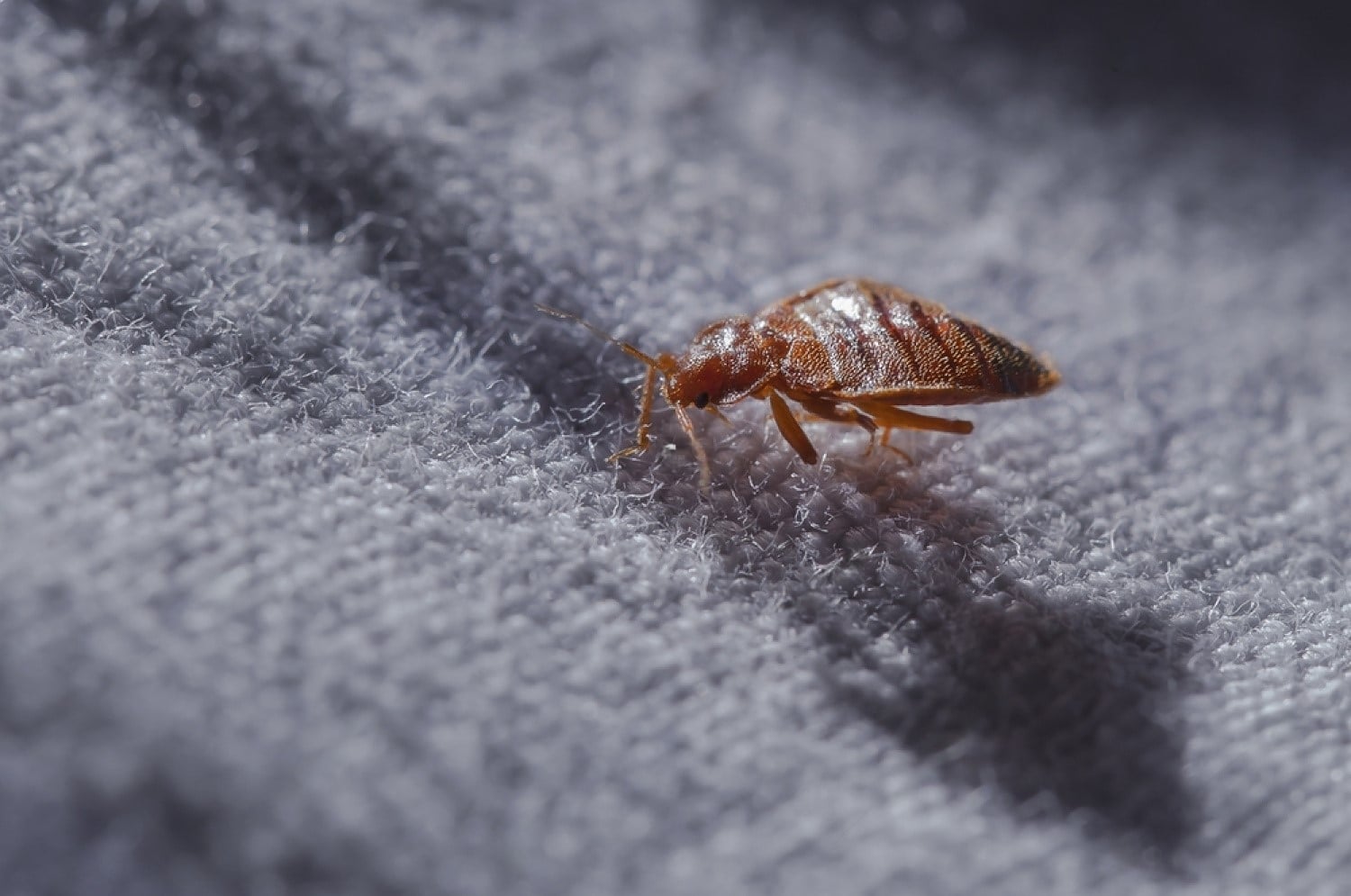Specialist A1 Bed Bug Exterminator in Houston - Efficient Solutions
Specialist A1 Bed Bug Exterminator in Houston - Efficient Solutions
Blog Article
Recognizing the Lifecycle of Parasites for Targeted Control Strategies
Understanding the lifecycle of parasites is an essential element of effective pest administration strategies. Via a deeper understanding of just how insects advance and flourish, customized control techniques can be made to deal with details points in their lifecycle, inevitably leading to more successful parasite management results.
Importance of Comprehending Parasite Lifecycle
Understanding the lifecycle of bugs is necessary for establishing efficient and targeted control methods in parasite monitoring. By understanding the numerous phases a bug goes with from egg to grownup, bug control experts can determine susceptible points in the lifecycle where intervention can be most successful.
Moreover, recognizing the specific ecological problems needed for every stage of the insect's lifecycle can direct decisions on habitat alteration or exemption approaches to lower and interfere with the lifecycle bug populations. This knowledge makes it possible for pest monitoring specialists to carry out aggressive actions instead than relying solely on responsive therapies, causing more lasting and long-lasting bug control options. Ultimately, an extensive understanding of insect lifecycles encourages insect control specialists to customize their methods efficiently, minimizing ecological effects and optimizing control end results.
Secret Phases in Insect Growth
To properly implement targeted control strategies in pest management, a critical facet exists in adequately recognizing and recognizing the crucial stages in insect advancement. Insect development generally consists of several key stages that are important for their lifecycle and administration.

Vulnerabilities in Parasite Lifecycle
Throughout the different phases of a parasite's lifecycle, distinct susceptabilities emerge that can be strategically targeted for effective control steps (A1 Bed Bug treatment houston). One important susceptability exists in the egg phase, where pests are usually more at risk to certain pesticides or organic control agents due to their soft outer shell, making them much easier targets for treatment. Understanding these susceptabilities in the parasite lifecycle is important for establishing specific and efficient control strategies that effectively manage bug populaces while reducing environmental influence.
Carrying Out Targeted Control Steps

Carrying out targeted control measures commonly includes a multi-faceted method. This might include habitat alteration to make the setting much less welcoming to pests, such as eliminating standing water for mosquito control or sealing access points for rats. Furthermore, organic control techniques can be made use of, where all-natural predators or microorganisms are introduced to maintain pest populaces in check.
Chemical control, such as the mindful application of chemicals, is another common technique. However, it is vital to make use of these substances sensibly to decrease ecological influence and potential injury to non-target species. Integrated Parasite Management (IPM) techniques that integrate numerous control actions in a coordinated and sustainable manner are typically one of the most reliable in attaining long-lasting pest management goals. By executing targeted control procedures based on a thorough understanding of pest lifecycles, pest populations can be effectively controlled while reducing risks to human health and the environment.
Improved Insect Management Practices

Moreover, the consolidation of organic control agents, such as all-natural killers or pathogens of bugs, can help decrease dependence on chemical pesticides and advertise a more balanced ecological community. Executing physical barriers and catches can additionally belong to improved bug monitoring techniques, using safe and targeted remedies for pest control. Furthermore, using scents and various other semiochemicals can disrupt pest mating patterns and communication, resulting in minimized bug populations in time.
Conclusion
Finally, comprehending the lifecycle of parasites is crucial for effective insect administration methods. By determining vital phases in bug growth and susceptabilities in their lifecycle, targeted control measures can be navigate here applied to minimize pest populations. Boosted parasite monitoring techniques can aid lower the dependence on broad-spectrum chemicals and promote more eco pleasant and lasting pest control approaches. This expertise plays an essential function in preserving healthy environments and agricultural productivity.
Comprehending the lifecycle of insects is essential for creating efficient and targeted control approaches in bug management. By understanding the different stages a parasite goes with from egg to grownup, insect control specialists can determine vulnerable factors in the lifecycle where treatment can be most successful. Inevitably, a detailed understanding of insect lifecycles encourages insect control practitioners to tailor their approaches efficiently, index minimizing environmental influences and making best use of control outcomes.
By carrying out targeted control actions based on an extensive understanding of parasite lifecycles, insect populaces can be effectively controlled while decreasing risks to human health and wellness and the setting.
By identifying crucial phases in insect advancement and susceptabilities in their lifecycle, targeted control actions can be executed to lessen pest populations.
Report this page